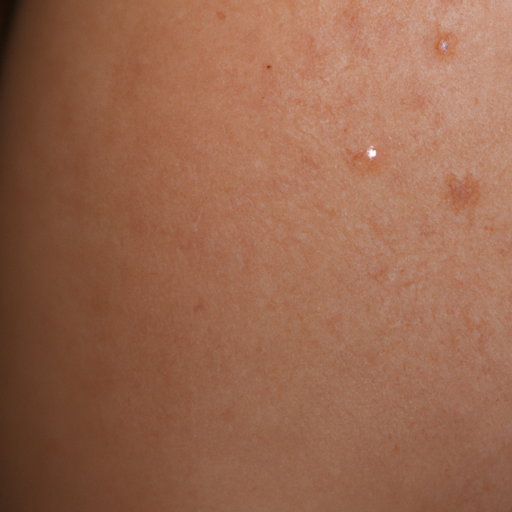As a dermatologist, I have encountered countless patients struggling with oily skin. This skin type is characterized by an overproduction of sebum, an oily substance that hydrates the skin. While it’s essential for skin health, too much sebum can lead to oily skin, clogged pores, and acne breakouts. However, with the right skincare regimen and lifestyle changes, you can manage oily skin and unmask your natural radiance.
Firstly, it’s crucial to understand that oily skin is not necessarily a bad thing. Sebum plays a vital role in protecting your skin from environmental factors and keeping it moisturized. The problem arises when there’s an overproduction, leading to a shiny appearance and a propensity for acne and blackheads. This overproduction can be triggered by various factors such as genetics, hormonal changes, stress, and even weather conditions.
The cornerstone of managing oily skin is a consistent skincare routine. Start with a gentle cleanser that can remove excess oil without stripping your skin of its natural moisture. Over-cleansing can cause your skin to produce more oil to compensate for the loss of moisture. Therefore, limit washing your face to twice a day and after sweating.
Exfoliation is also key in managing oily skin. It helps to remove dead skin cells that can clog pores and increase oil production. However, be careful not to over-exfoliate as it can irritate the skin and trigger more oil production. Aim for once or twice a week using a product with salicylic acid or alpha-hydroxy acids (AHAs), which are known to reduce oil and unclog pores.
Contrary to popular belief, oily skin needs hydration too. Skipping moisturizer can cause your skin to produce more oil to compensate for the lack of moisture. Opt for oil-free and non-comedogenic moisturizers that won’t clog your pores. Look for ingredients like hyaluronic acid and glycerin that can provide hydration without adding extra oil.
In addition to your skincare routine, consider making some lifestyle changes. A diet rich in processed foods and sugars can stimulate oil production. Instead, opt for a balanced diet filled with fruits, vegetables, lean proteins, and whole grains. Regular exercise can also help regulate your hormones and reduce oil production. However, remember to cleanse your face after sweating to prevent clogged pores.
Lastly, don’t forget to protect your skin from the sun. Sun exposure can trigger oil production and cause long-term damage to your skin. Choose a broad-spectrum sunscreen with an SPF of at least 30 that is oil-free and non-comedogenic.
In some cases, if your oily skin is causing severe acne or you’re not seeing improvement with over-the-counter products, it may be time to see a dermatologist. Prescription medications and treatments can help regulate sebum production and manage acne.
Remember, everyone’s skin is unique, and what works for one person may not work for another. It may take some trial and error to find the right products and routine for your skin. But with patience and consistency, you can manage oily skin and reveal a healthier, more radiant complexion.



